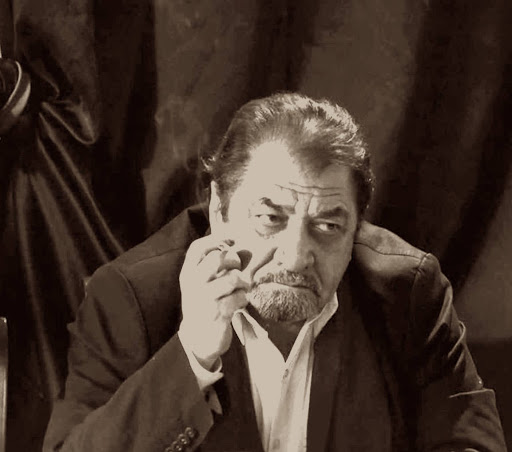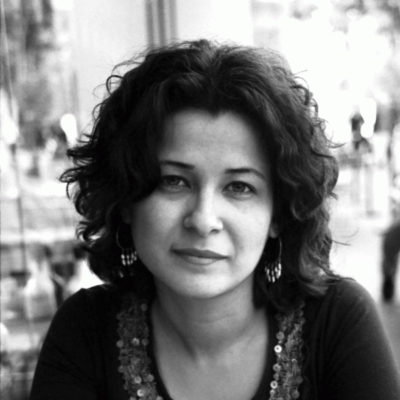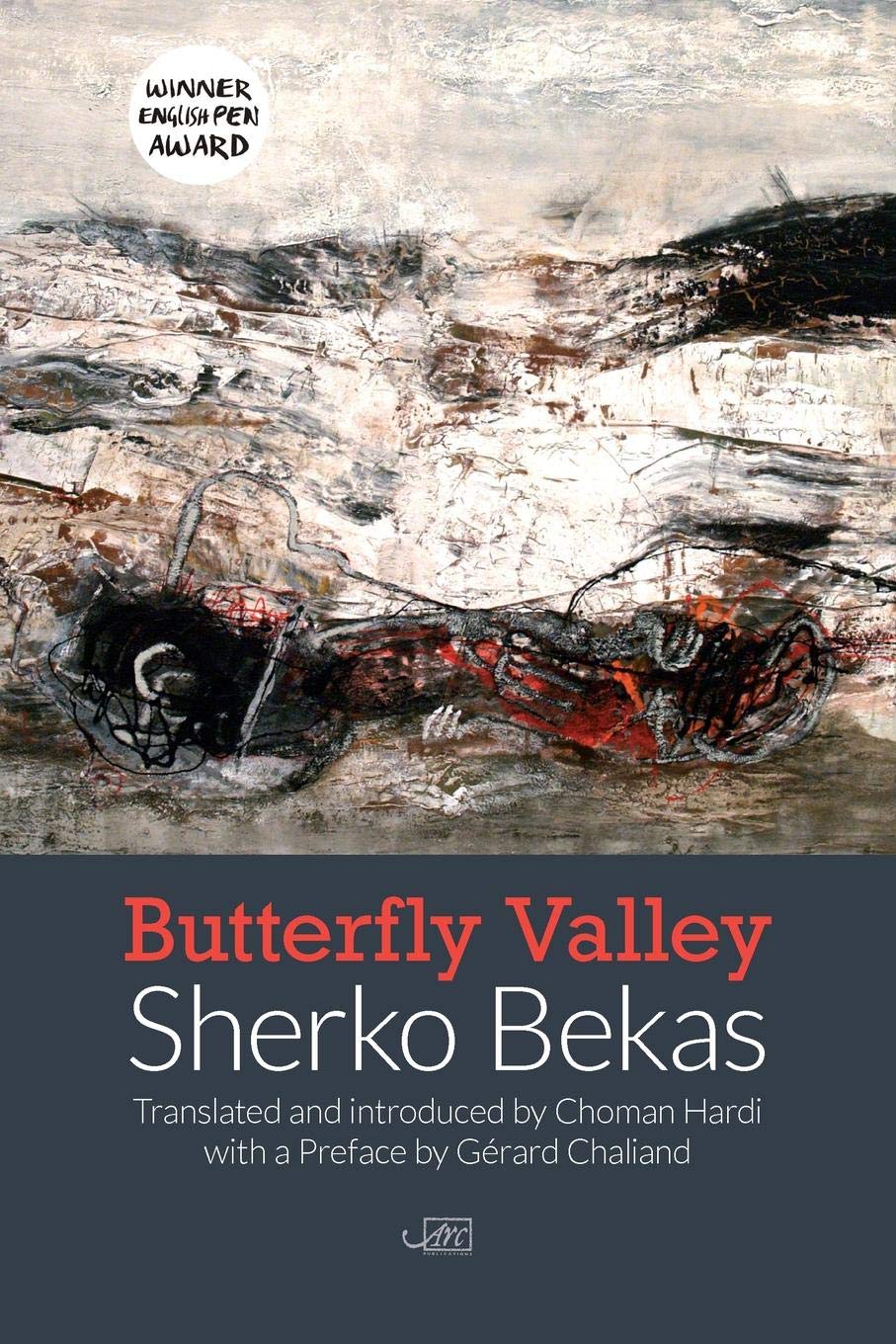From now on I am Halabja!
From now on, I am a tear-seed
of that vast sorrow’s pomegranate.
From now on I am the load of apples
which won’t be caravanned there23.
From now on I am a strand of hair in the beard
of Mewlewi’s song.
From now on he is the shemi shewan24 —
the evening candle of my country,
and I am the infatuated Weli.
Tell me what shall I do so that the camphoric cries
of Zellm Lake do not die down?
Tell me what shall I do so that this obstinate colt of my tears
does not get tamed?
Just tell me, what shall I do? What should I not do?
So that in this pretty moon’s wake
God comes down, at least for a short while,
to sit amongst us?
Tell me what shall I do?
tell me what…
tell me …
tell.
— How sudden the bushes of scream in this field
flower and grow into green almonds.
How sudden the fallen songs in this field
germinate and turn into tulips.
23 Refers to a line in a folk song which says: “The apples have been loaded to go to Halabja”.
24 Shem means candle and shewan means nights (in Kurdish: Semî Sewan). Literally Mewlewi says ‘Candle of the night’ but this refers to his beloved whose name was Shamsa (he called her Sham for short). In this other sense the phrase means ‘Shamasa of the nights’.






